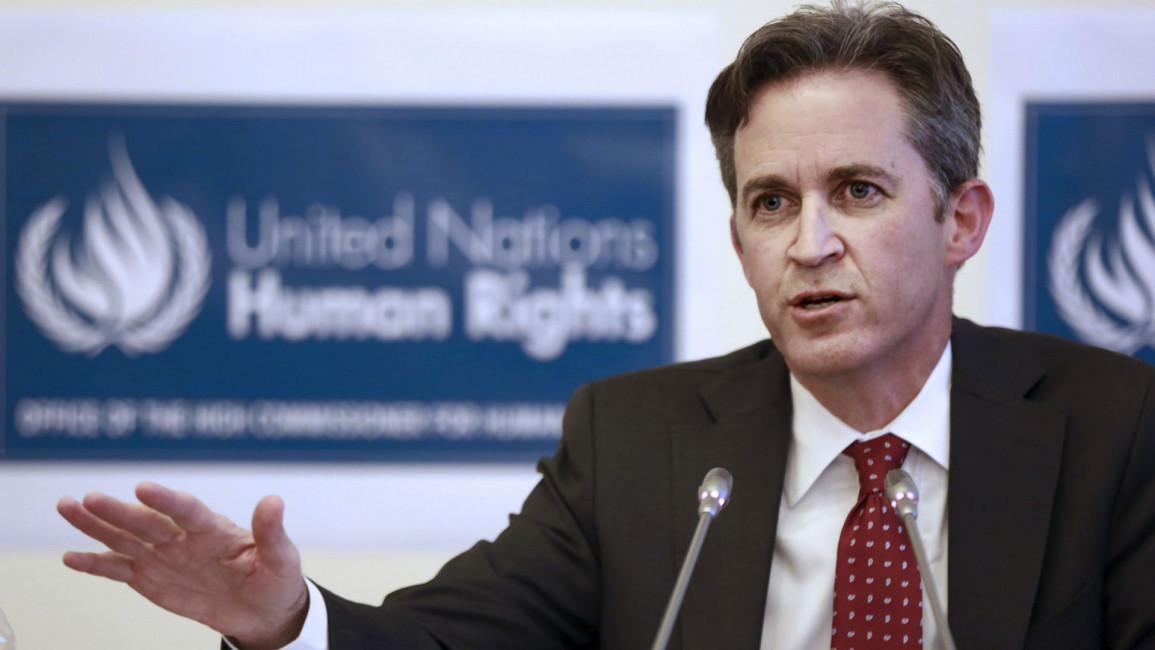UN urges Iran to 'stop harassing' BBC Persian staff
A UN special rapporteur urged Iran to stop harassing BBC employees from the Persian service on Wednesday, after Tehran launched a criminal investigation of 152 staff for "conspiracy against national security."
David Kaye, the special rapporteur on the promotion and protection of the right to freedom of opinion and expression, said he had raised concerns with the Iranian government and was awaiting a response.
"We urge the government of Iran to stop harassing the employees and the families of employees of the BBC Persian service as well as other journalists," Kaye told a news conference at UN headquarters.
The comments came after the BBC filed an urgent complaint to Kaye and to Asma Jahangir, the UN special rapporteur for human rights in Iran, over the investigation and an Iranian court order freezing the assets of BBC Persian staff.
"The Iranian government is conducting what appears to be a politically motivated investigation into 152 BBC Persian staff, former staff and contributors, accusing them of conspiracy against national security in Iran," said Tony Hall, the BBC's director general.
Hall urged "the international community to use their own influence in Iran to persuade the authorities that this completely unacceptable treatment must end."
Under the court order, BBC Persian staff are barred from inheriting family assets and they are prevented, as well as their families, from selling assets, such as property or even cars, in Iran.
Kaye said the complaint was "very, very serious" and stressed that the journalists were "only trying to do their job - which is a job that is protected by international human rights law".
The BBC said its Persian service staff have been targeted by Iranian authorities since the disputed 2009 presidential elections, when Tehran accused foreign powers of interference.
The families of BBC employees have suffered, including elderly parents who have been interrogated and the sister of a journalist who was held in prison for 17 days and forced to plead with the journalist via Skype to stop working for the BBC.
Many staff have been targeted by fake news reports accusing them of illegal sexual acts, including those punishable by the death penalty, the BBC said.
The BBC reaches 18 million people with its Persian service broadcast by radio, television and online from London.



